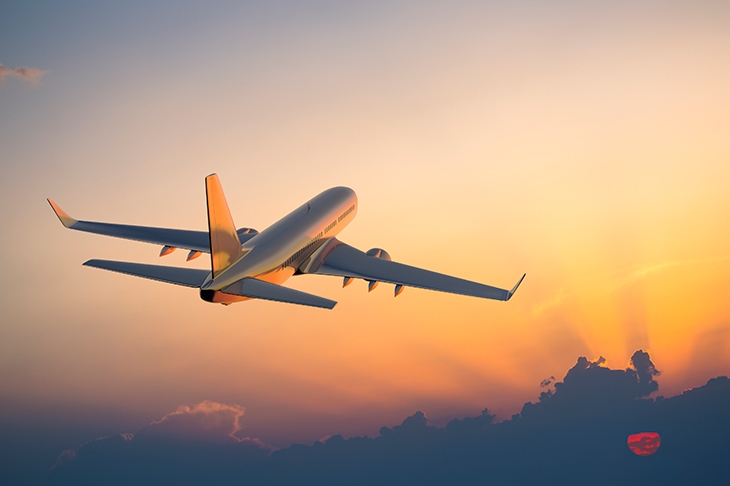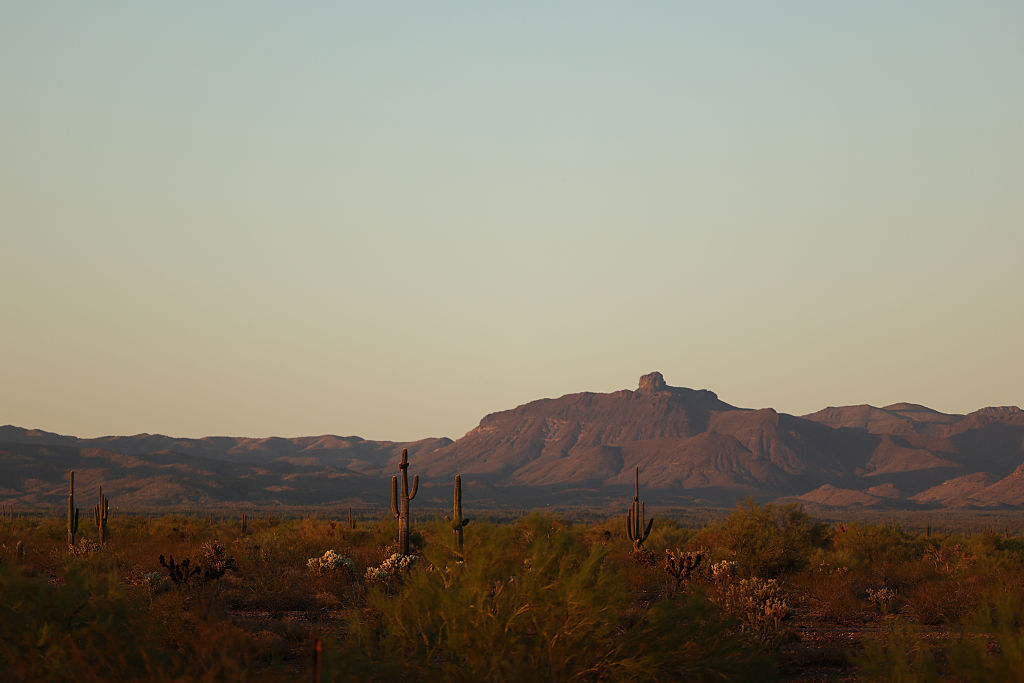As an ambitious journalist making my way in Fleet Street, I dreamed of becoming a Mid-Atlantic Man. Tom Wolfe came up with the term in the mid-1960s to describe someone who divided his life between London and New York. Not for social reasons, but because his career required him to spend time in both cities. Wolfe said the typical Mid-Atlantic Man worked in a field like advertising, public relations, television, commercial art, motion pictures or consulting. But journalists could join this exalted tribe too. David Frost, who was a kind of journalist, was the ultimate Mid-Atlantic Man. He practically had a permanent berth on Concorde.
I failed, obviously, but for a couple of years I came tantalizingly close. I got a job at Vanity Fair in 1995 and even though I was based in New York I would return to London about once a month. I could never afford Concorde, but I was such a regular on Virgin Atlantic that I obtained one of its coveted gold cards, which meant access to the Virgin Clubhouse at JFK. Inevitably, I got to know other wannabe Mid-Atlantic Men and we formed a little clique. We called ourselves ‘Nylons’ since that’s what it said on our airline tickets — ‘NY-LON’ — and we littered our conversation with British and American slang. We told each other that Kate Moss and Naomi Campbell were in our gang — an honor they were unaware of — and we somehow managed to sneak into their Halloween party during New York fashion week in 1996. It was fancy dress and Moss came as Snow White with a train of seven dwarfs in tow. It was all downhill from there.
Today’s young thrusters will have to come up with a different vision of the good life. At the time of writing, it looks almost certain that the British government will insist upon everyone entering the country spending at least 10 days in a ‘quarantine hotel’. We’re not talking about the Connaught, which gets a mention in Wolfe’s original essay, but a Sofitel or Holiday Inn Express just yards from the airport. You won’t be able to open the window or leave your room, which you’ll have to clean yourself, and the only thing to eat will be lukewarm airline meals left outside your door. The only ‘Nylon’ thing about it will be the sheets.
Will the Mid-Atlantic Man ever make a comeback? It feels doubtful, even if this is only a temporary measure. A combination of SARS-CoV-2 and global warming looks likely to bring the age of cheap air travel to a close. Shuttling between different world cities, whether for work or fun, will be a luxury of the super-rich, just as it was before the Swinging Sixties. We may come to look back on this period, when middle-class people could enjoy some of the same luxuries as the international jet set, as an aberration. The headline on Tuesday’s Sun captured the new reality. Above a picture of a couple sitting in deck chairs was the headline: ‘Looks like it’s Bognor again, dear.’
Some may welcome this change as part of the ‘Great Reset’, one of many sacrifices we’ll have to make if capitalism is going to be ‘sustainable’. But have a thought for those families who straddle two different countries, like my friend Kathrine Jebsen Moore’s. Originally from Norway, she came to the UK as a student and married an Englishman. ‘I’ve settled with my husband in Scotland,’ she says, ‘and traveling to Oslo from here is just 20 minutes longer on a plane than flying to London. Pre-pandemic, all our holidays were spent in Norway. We own a house there, in a little town on the Oslo Fjord coast, where our four children have friends, see family and immerse themselves in Norwegian life. My parents have been very grateful that, despite us living abroad, they have seen their grandchildren almost as much as other grandparents whose children reside in the same country.’
Now, the life she and her extended family have made for themselves is at risk. She may have to confine herself and her four children to what Emma Thompson calls our ‘cake-filled misery-laden gray old island’. It’s as if the most hysterical warnings of the Remainers are about to come true — not because of Brexit, but because of the virus.
Underpinning my fantasy of becoming a Mid-Atlantic Man was a sense of the world opening up, with all the attendant possibilities for reinvention. I could transcend my ascribed identity and enjoy a freedom previous generations had only dreamed of. Alas, it looks as though it will be out of reach for future generations too.
This article was originally published in The Spectator’s UK magazine. Subscribe to the US edition here.

























